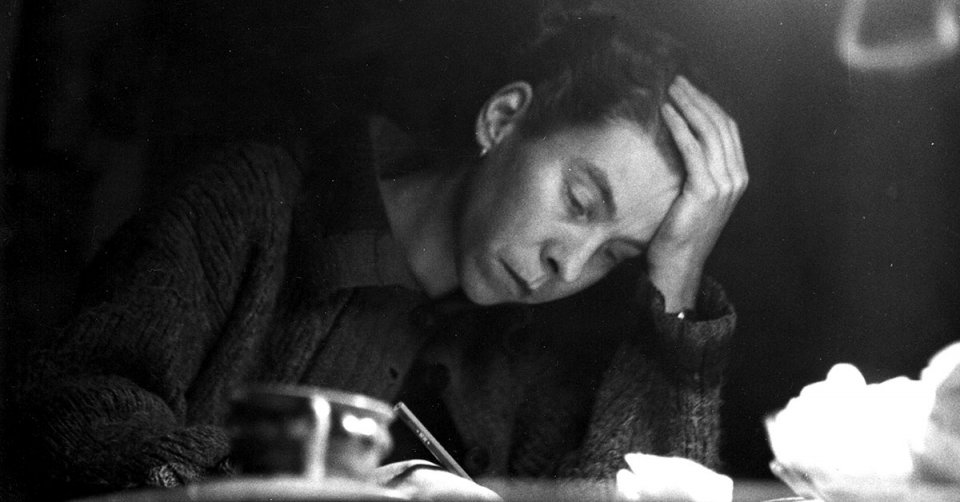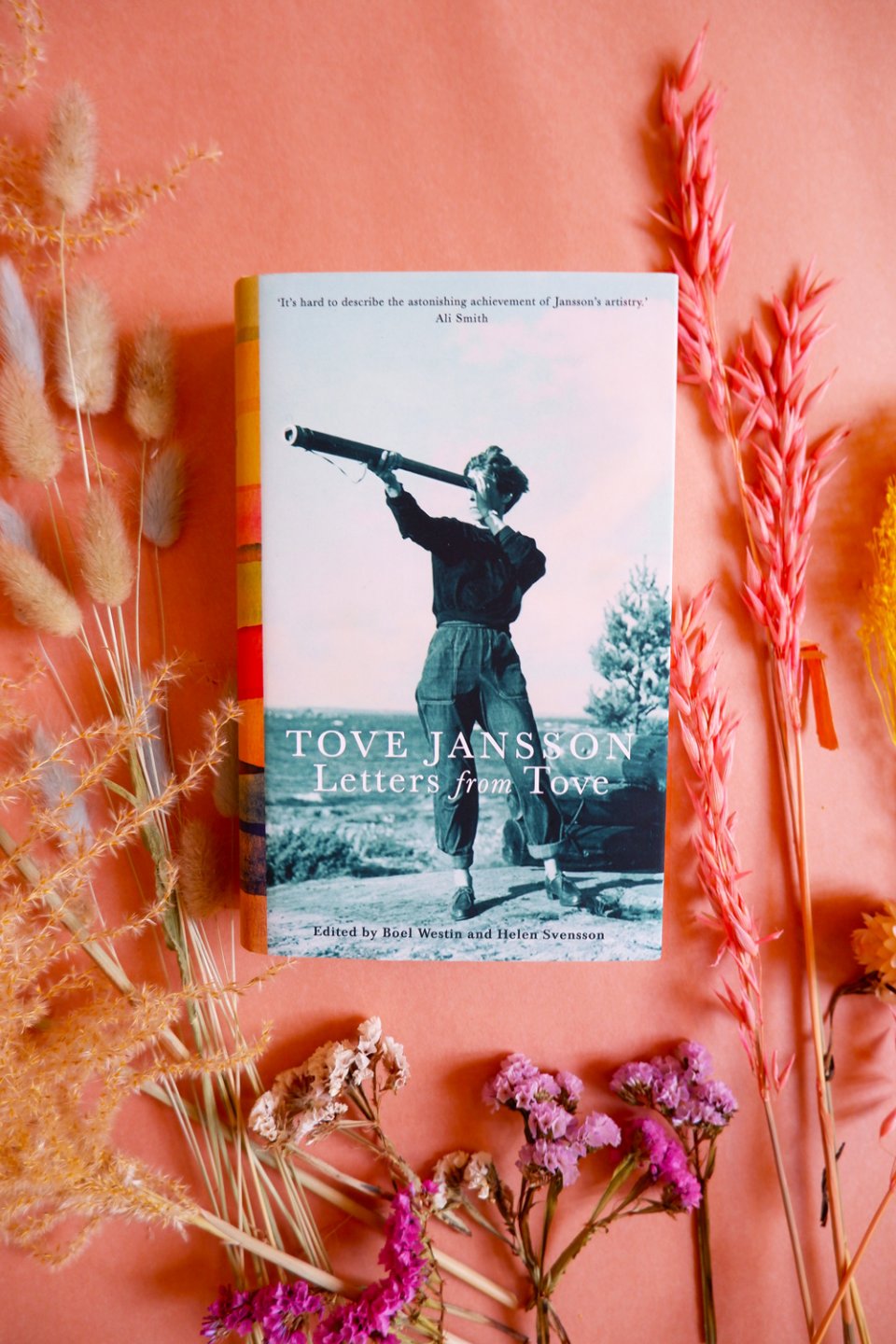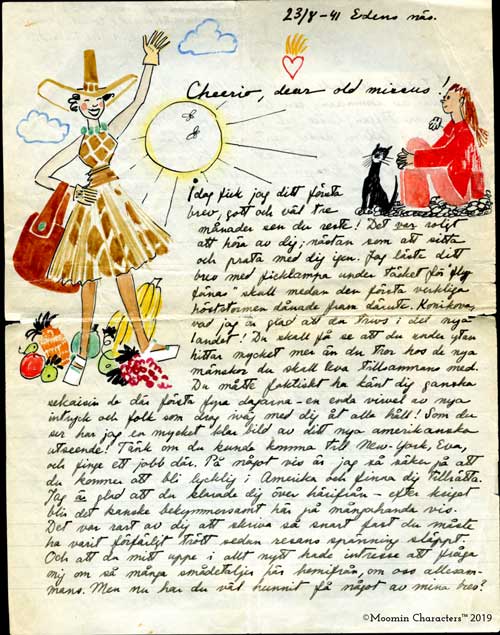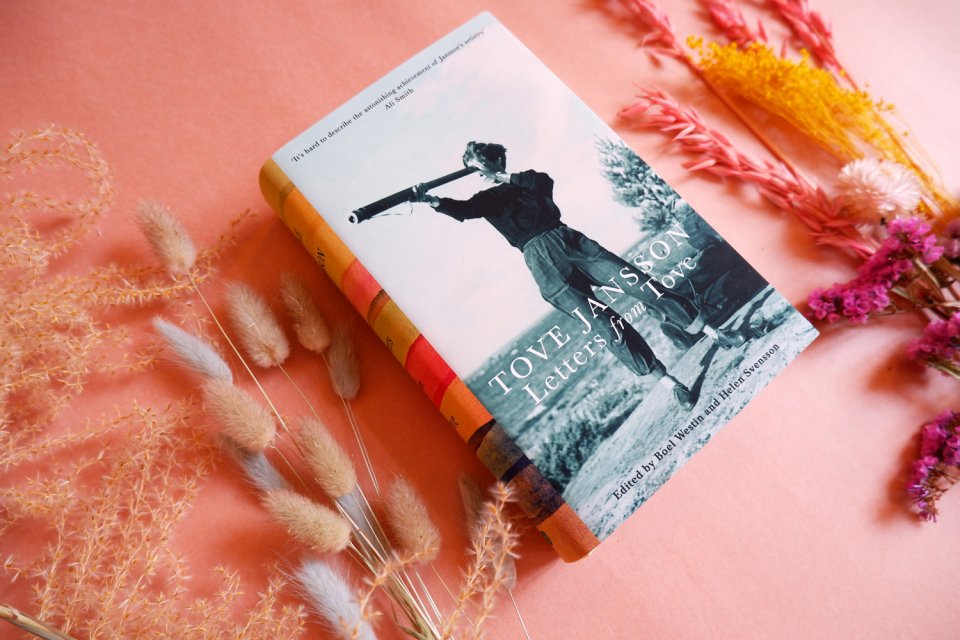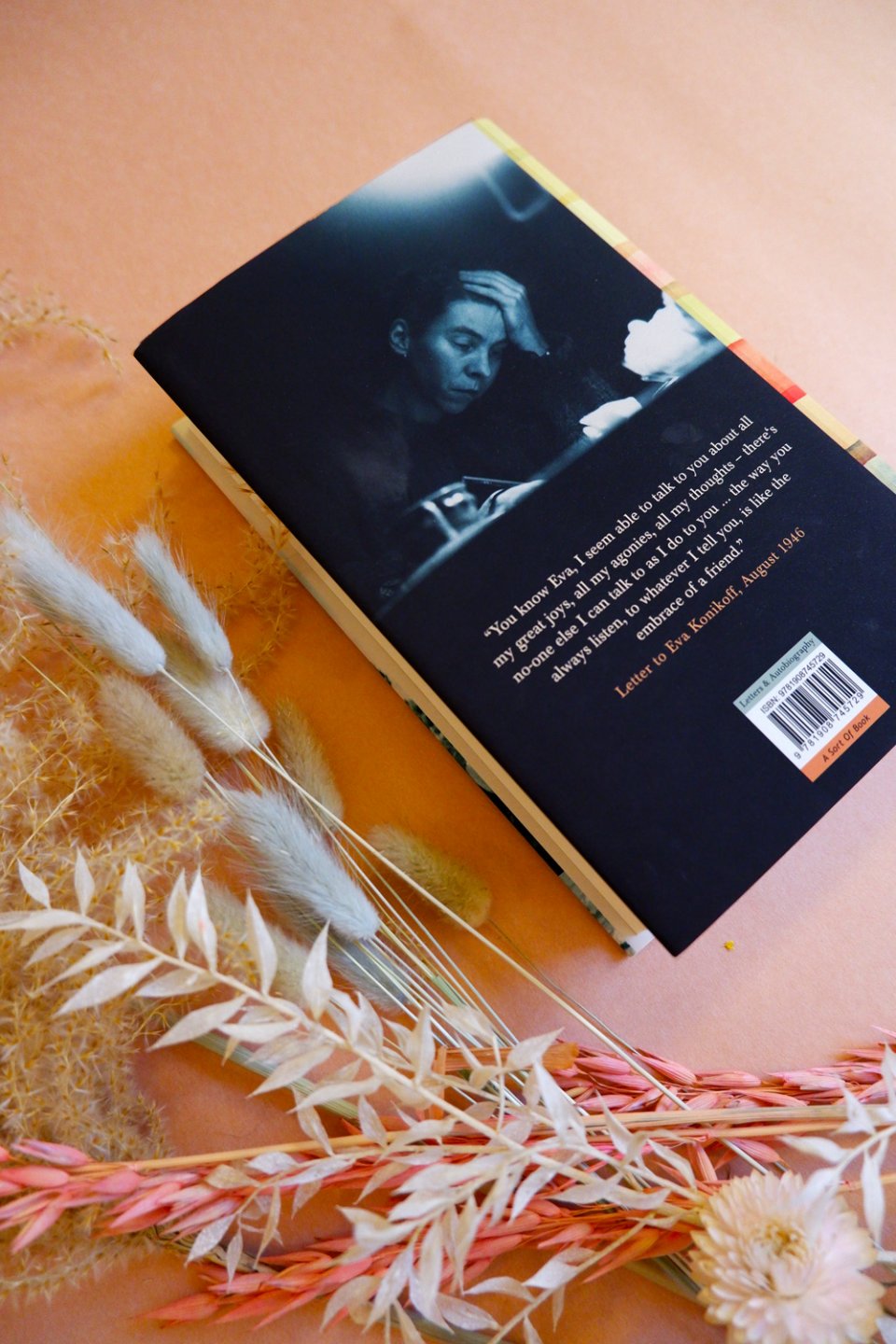We are excited to announce that we have acquired the rights to represent the book “Letters from Tove” compiled by Boel Westin and Helen Svensson. The book is a perfect for any Tove Jansson or Moomin fan, especially prior the upcoming release of the the film ‘TOVE – In Search of Freedom and Desire.’ The book comprises a hundred and sixty letters from the Tove Jansson archives – letters that she sent to her family, closest friends and lovers over the course of fifty years. The book is a new, profound and inspiring way to get to know the real Tove Jansson.
Renowned as an artist, author, illustrator and cartoonist, Tove Jansson was also a brilliant and prolific letter writer. Letters often play a part in her stories, and in daily life she was an astonishingly productive correspondent. According to Boel Westin and Helen Svensson, she received two thousand letters a year from Moomin fans around the world and answered almost all of them, writing by hand, often including sketches in the margins.
However, the hundred and sixty letters that Boel Westin and Helen Svensson selected from the Tove Jansson archives for their book are of a rather different stamp. These are letters that Tove wrote to those dearest to her – her family, closest friends and lovers – and into them she spilled her innermost thoughts, defended her ideals and revealed her heart. They are also letters Tove herself kept and archived.
The letters span fifty years between her art studies in the 1930s, through the height of Moomin fame, to her travels later in life with her partner, Tuulikki Pietilä. Reading them, we share her adventures as an art student in Stockholm and Paris; the bleakness of war; her hopes for love that were dashed and renewed, and her determined attempts to establish herself as an artist.
Tove’s letters are so skilfully crafted that they can read like beautiful short stories – but this time about herself and her own life, in her own words. They offer a completely new window into her life and thinking. Thus, the book is not only a rare presentation of Tove’s artistry, but also a new and inspiring way to get to know the real Tove Jansson.
“Letters from Tove”, was first published in Swedish in 2014 by Schildts & Söderströms and in 2019 translated into English by Sarah Death. The editors of the book Boel Westin and Helen Svensson share what fresh insights they discovered, and which parts of the book made their hearts beat faster.
“The letters were so intense, so vibrant that I wanted to read more of them”
Boel Westin and Helen Svensson are both experts on Tove Jansson’s art and lifework, and were trusted friends of the author. Professor Boel Westin had first met Tove while working on a dissertation about the world of the Moomins in 1982 and went on to become her authorised biographer. Her book “Tove Jansson: Life, Art, Words” was translated and published in English by Sort of Books in 2014. Helen Svensson was the Director of Literature at the Finnish publishing house Schildts from 1980 where she, among her many duties, oversaw new editions of the Moomin books and edited Tove’s fiction for adults.
Can you tell us how the idea of publishing a book of Tove’s letters came about?
Boel Westin: “I came across some of the letters while researching my dissertation and included them in this work. I wanted to continue with a biography and looked for more letters, searching in archives, diaries and other documents. I was offered the letters she had written to Eva Konikoff and Maya Vanni by Tove Jansson herself, and the letters to Tuulikki Pietilä were shown to me by Tuulikki.”
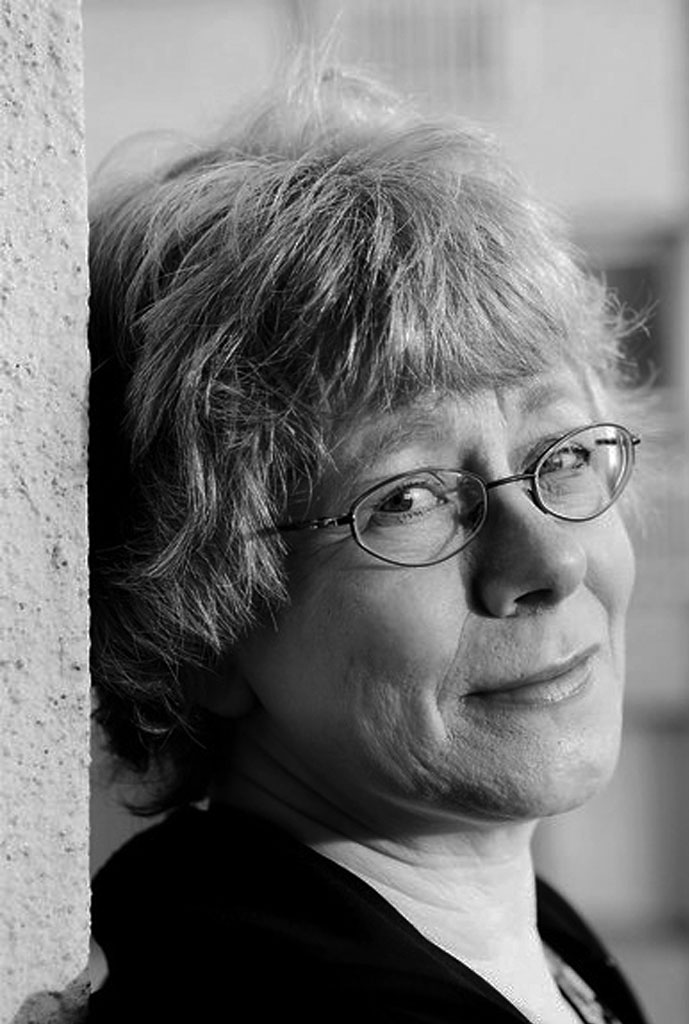
Helen Svensson: “It wasn’t until I read Boel’s biography, “Tove Jansson: Life, Art, Words”, that I realised the extent of her private correspondence, and their insights. The quotes that she included from the letters were so intense, so vibrant that I wanted to read more of them. For me, reading them, and working on the book, was like publishing a new novel of Tove Jansson.”
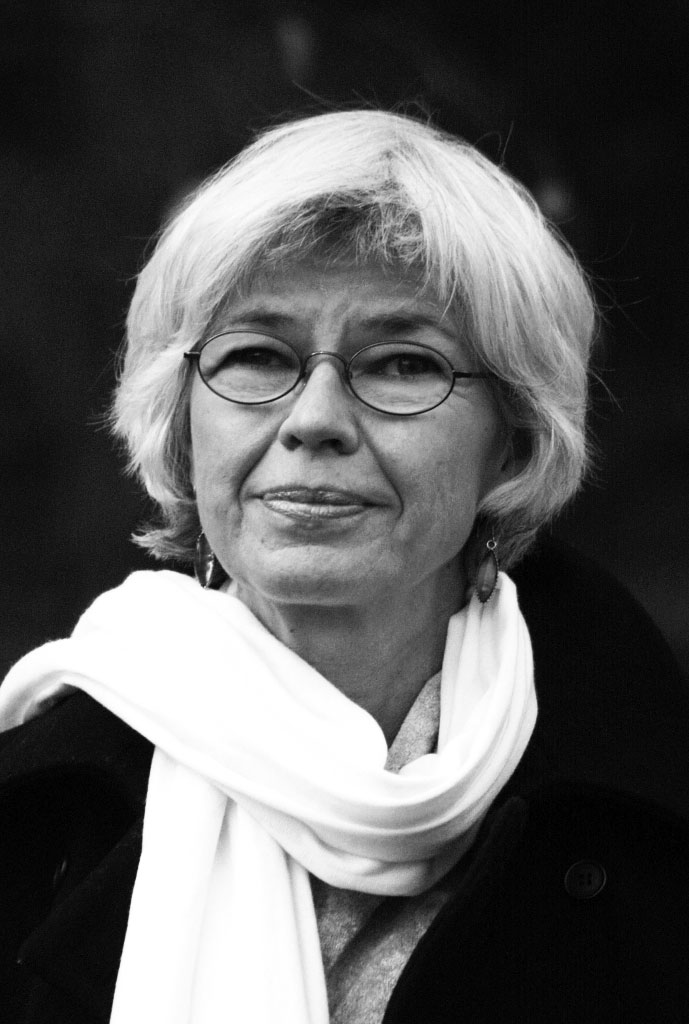
Boel Westin: “The idea of publishing Tove Jansson’s letters came about during my work on the biography. I wanted to share these amazing treasures with others. So, we both thought the letters were worth publishing in a volume of its own, and we wanted to do the work together, seeing this as a tribute to Tove herself. Interestingly, it was Tove who introduced us to each other.”
The addressees of the letters picked for the book include Tove Jansson’s family, photographer and Tove’s close friend, the photographer Eva Konikoff, the author and politician Atos Wirtanen who was also Tove’s boyfriend for a few years, theatre director Vivica Bandler with whom Tove had a love affair, translator and close friend Maya Vanni, publisher Åke Runnquist and the graphic artist Tuulikki Pietilä, Tove Jansson’s life companion of 45 years.
How did you choose the letters?
“We selected the letters Tove wrote to those who were her companions in life, work and love. All these addressees were of significance to Tove Jansson as a human being, writer and artist, and were close to her over an extended period,” the editors explain.
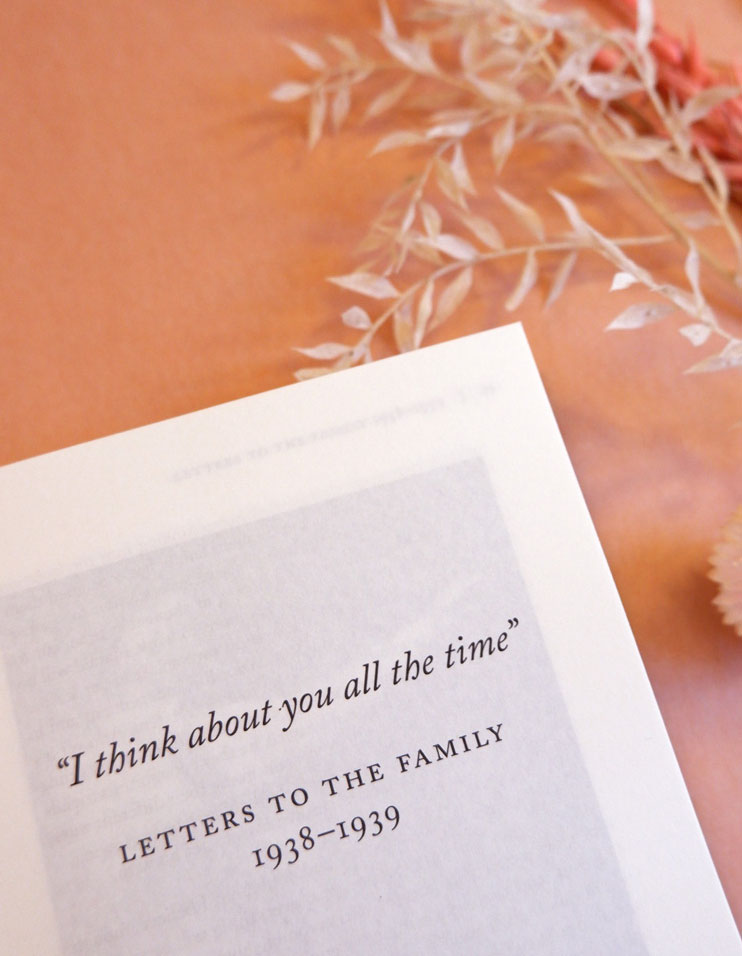
“We wanted to present Tove Jansson in her own right, but from different perspectives depending on the person that she was writing to. The letters are speaking in different voices to different persons and, working on the book, it became fascinating to follow this mix, which allows a more complex picture of Tove Jansson, all in her own words.
When gathered together, the letters create a natural chronology and follow Tove Jansson’s life over six decades, from the 1930s to the 1980s.
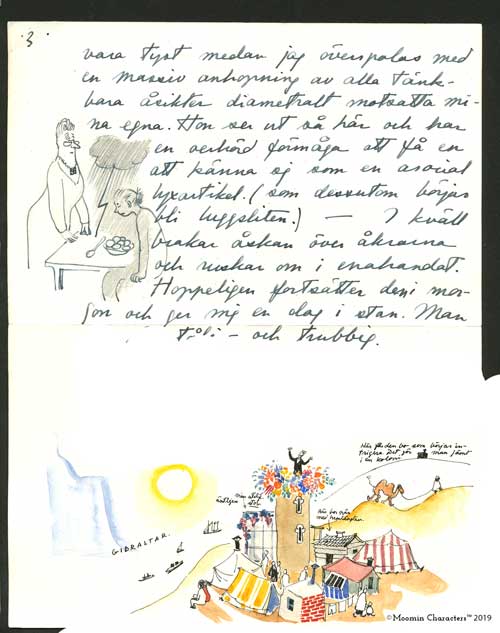
Our aim was to present pictures of Tove Jansson the letter writer, depending on whether she was writing as a daughter, sister, lover or friend. For Tove Jansson, the recipient is often a co-writer.
Letter writing became a way of drawing closer to the person she was addressing, and often functions as in an ongoing conversation: ‘while I am writing, I have you here’, she says in one letter to her lover and friend Vivica Bandler.
And to Tuulikki Pietilä, who became her partner for life, she writes in the beginning of their relationship that she longs to “read more of the book that is all about you’. Life, letter and literature became inextricably linked.”
What do you think these letters offer to fans already well versed in Tove’s works, as well as to a new and wider readership?
Helen Svensson: “Through the letters you experience Tove Jansson’s thoughts, reflections and feelings, from the early years as a gifted and adventurous art student in Stockholm, through the intense years of Moomin fame and Moomin business in the 1940s and 1950s, and then into later years of her travels and writing for adults. It is easy to understand how she developed her longing for calmness – and her finding an island to live on, far away from fame and business.”
Boel Westin: “They allow us a chance to get to experience the author and artist Tove Jansson, beyond the Moomins, and through her own words. They provide a great background for understanding both her books and her artwork.”
In which ways did this project make you think afresh about Tove’s approach to life, art and literature?
Helen Svensson: “I was amazed and overwhelmed many times, editing Tove’s letters. There was so much emotion, so much talent, so much capacity and creativity in her life. One question that Boel and I often asked each other was: how did she manage to cope with everything, to achieve so much? And, for me, the young Tove was a new acquaintance – her ambition as an aspiring young artist and her eagerness to reach as high as she possibly could. Those letters offered a new insight into her character.”
Boel Westin: “When I read some of the letters for the first time I was stunned by the directness of her language and the glowing and often colourful descriptions of nature. At times, it felt like visiting pieces of an early Moominland. The letters written during the war, in particular, are filled with emotions, reflections, fear and courage. They are expressed by a voice that could be strong, fragile and even despairing at the same time.
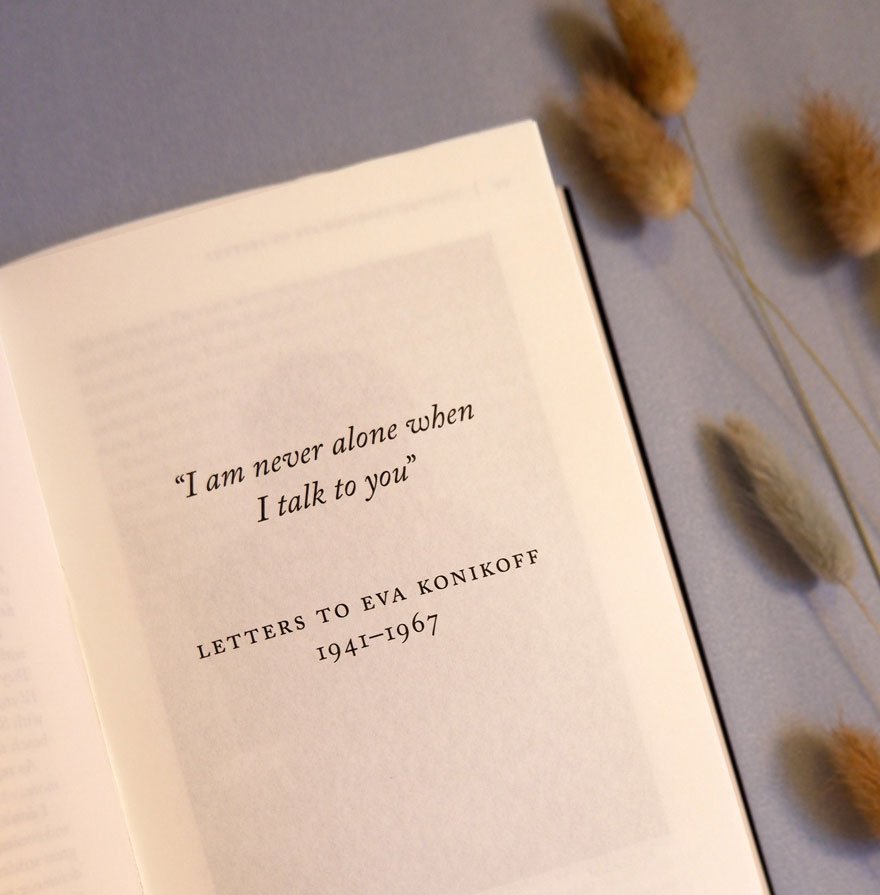
There is an immediacy and a presence in many of the letters that is hard for any biography to capture. The reader is drawn into a here and now which become both alive and concrete. Sometimes it’s like a diary, intimate and close to the heart, and sometimes it’s narrated like a novel, you just want to read more. Some of the letters are illustrated too, lending them additional charm.”
If you were to choose one letter in the book that made an impact on you, which would you pick?
Boel Westin: “There are so many, it’s hard to choose! Perhaps the letter to Eva Konikoff in 1941 when Tove develops her thoughts on the relationship between men and women, and sets out a feminist programme of her own. Or the first letter to Tuulikki Pietilä where Tove declares her love as both bewitched and calm and then says: ‘I´m not afraid of anything life has in store for us’.”
